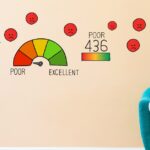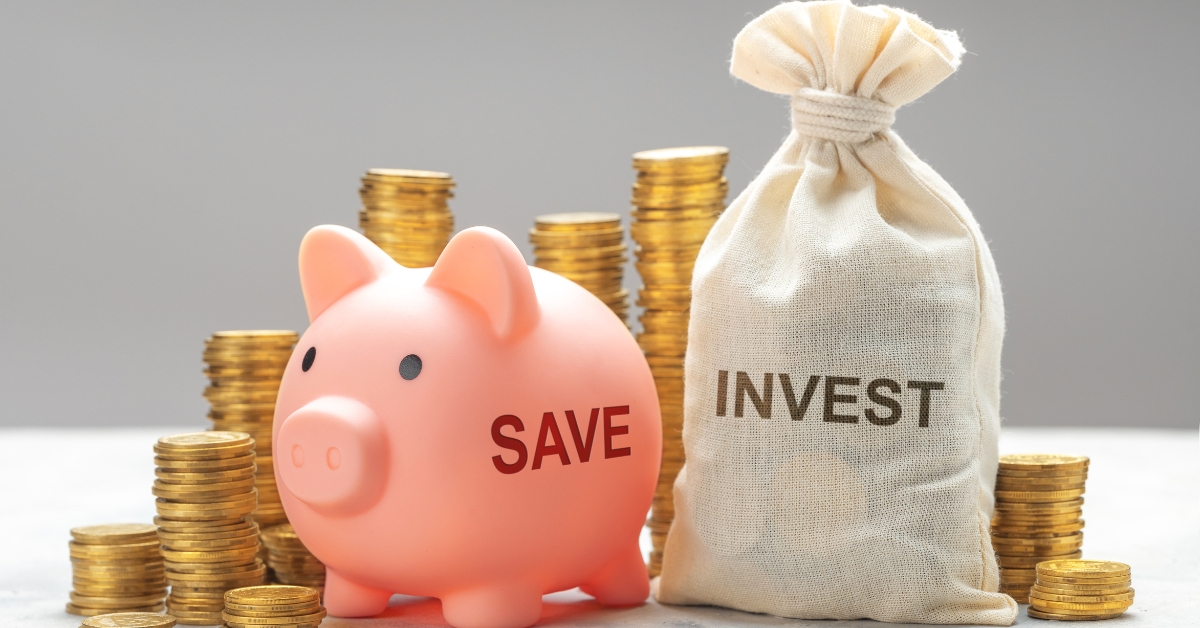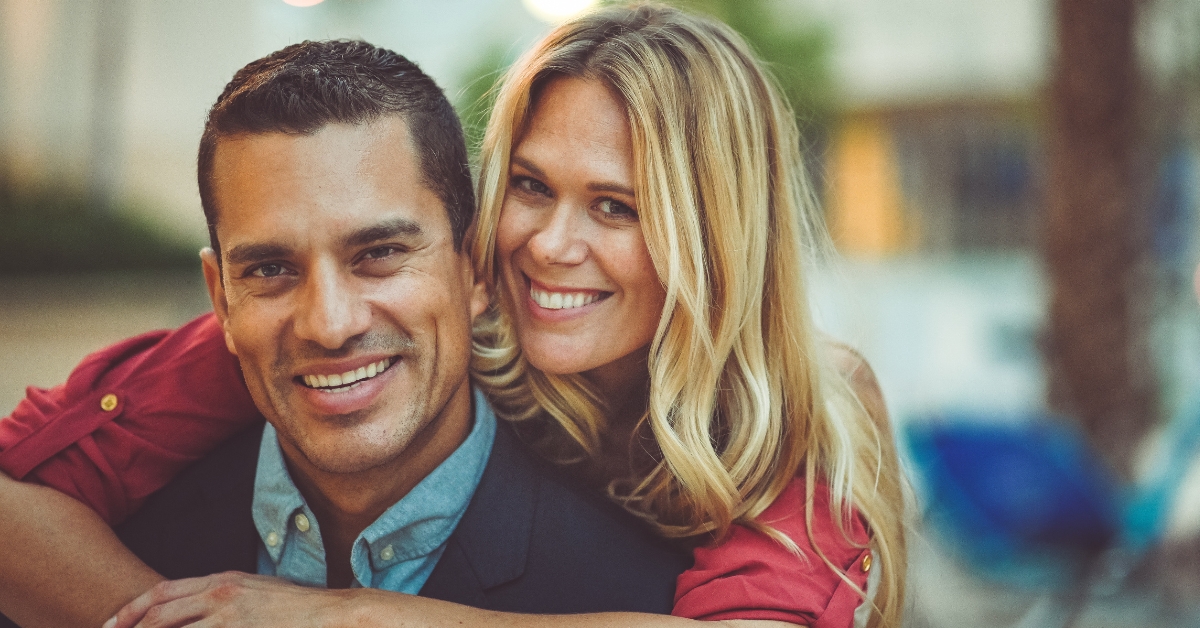Entering your 30s is an important milestone in life, and it’s an ideal time to focus on building a solid financial foundation for the future. One key aspect of achieving long-term financial security is investing wisely. While investment strategies may vary based on individual goals, risk tolerance, and market conditions, this article will provide a comprehensive overview of the best investment opportunities for individuals in their 30s.
- Retirement Accounts: Investing in retirement accounts, such as 401(k)s or IRAs, should be a top priority in your 30s. These tax-advantaged accounts offer significant long-term benefits, including compound growth and potential employer matching contributions. Take full advantage of any employer match and contribute as much as you can afford. Consider a diversified portfolio of stocks, bonds, and mutual funds that align with your risk tolerance and retirement goals.
- Stock Market Investments: Investing in the stock market can provide substantial returns over the long term. Consider a diversified portfolio of individual stocks or exchange-traded funds (ETFs) that align with your risk tolerance and investment objectives. Focus on blue-chip companies with a proven track record of growth, and consider investing in sectors that you believe will thrive in the future, such as technology, healthcare, or renewable energy.
- Real Estate: Real estate can be an excellent investment option in your 30s, offering both income potential and long-term appreciation. Consider purchasing a primary residence, as homeownership provides stability and can serve as a valuable asset. Additionally, investing in rental properties or real estate investment trusts (REITs) can generate passive income and diversify your investment portfolio. Research local housing markets and consult professionals before making any real estate investment decisions.
- Education and Skill Development: Investing in your own education and skill development is crucial in your 30s. Acquiring new skills or advancing your current expertise can lead to career advancement and increased earning potential. Consider enrolling in professional courses, attending workshops, or pursuing an advanced degree. Investing in yourself can provide substantial returns in the form of higher income and improved job prospects.
- Index Funds and Exchange-Traded Funds (ETFs): Index funds and ETFs are excellent investment vehicles that offer diversification and passive management at a lower cost compared to actively managed funds. These funds track a specific market index, such as the S&P 500, providing exposure to a wide range of companies. They are ideal for long-term investors seeking consistent returns without the need for constant portfolio monitoring.
- High-Yield Savings Accounts and Certificates of Deposit (CDs): While not the most exciting investment option, high-yield savings accounts and CDs provide a safe and reliable way to grow your money. These accounts offer higher interest rates compared to traditional savings accounts, allowing you to earn passive income with minimal risk. Consider allocating a portion of your savings towards these instruments for short-term financial goals or to build an emergency fund.
- Peer-to-Peer Lending: Peer-to-peer (P2P) lending platforms provide an alternative investment opportunity where individuals can lend money directly to borrowers in exchange for interest payments. P2P lending offers potentially higher returns compared to traditional fixed-income instruments. However, it’s important to carefully evaluate borrower profiles and diversify your investments across multiple loans to mitigate risk.
- Invest in Yourself: Investing in yourself goes beyond education and skill development. It also means taking care of your physical and mental well-being. Allocate funds towards health insurance, regular medical check-ups, fitness activities, and personal development. A healthy and well-rounded lifestyle can enhance your productivity, performance, and overall quality of life.
Conclusion: In your 30s, investing wisely is paramount to secure a prosperous future. Diversification is key, so consider a blend of retirement accounts, stock market investments, real estate, education, and passive income-generating instruments. Tailor your investment strategy to align with your financial goals, risk tolerance, and market conditions. Remember, seeking professional financial advice is always recommended before making significant investment decisions. By starting early and staying disciplined, you can build a strong financial foundation that will benefit you well beyond your 30s.










